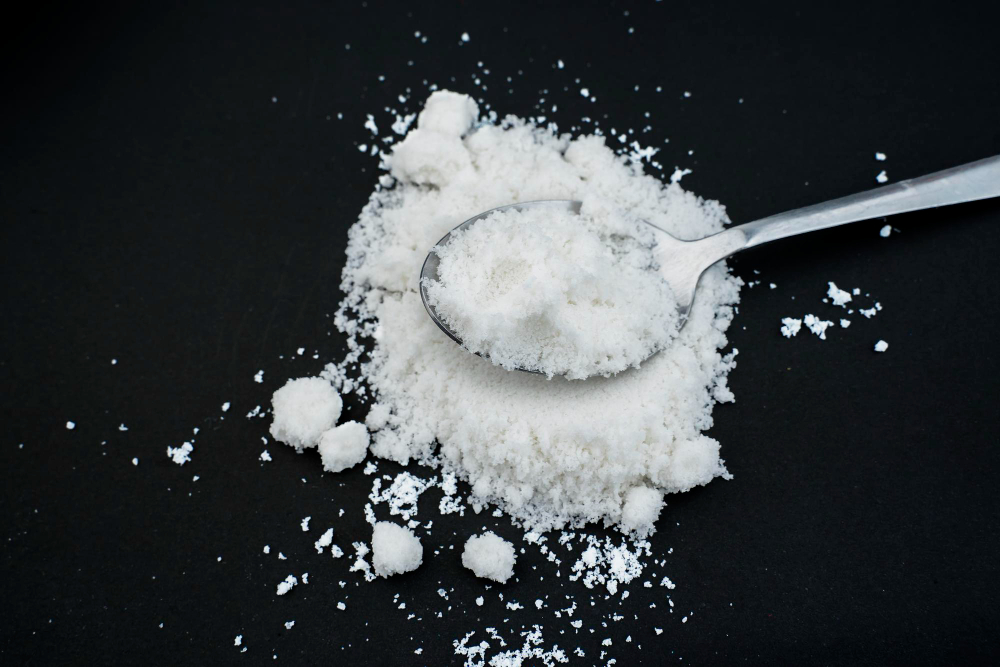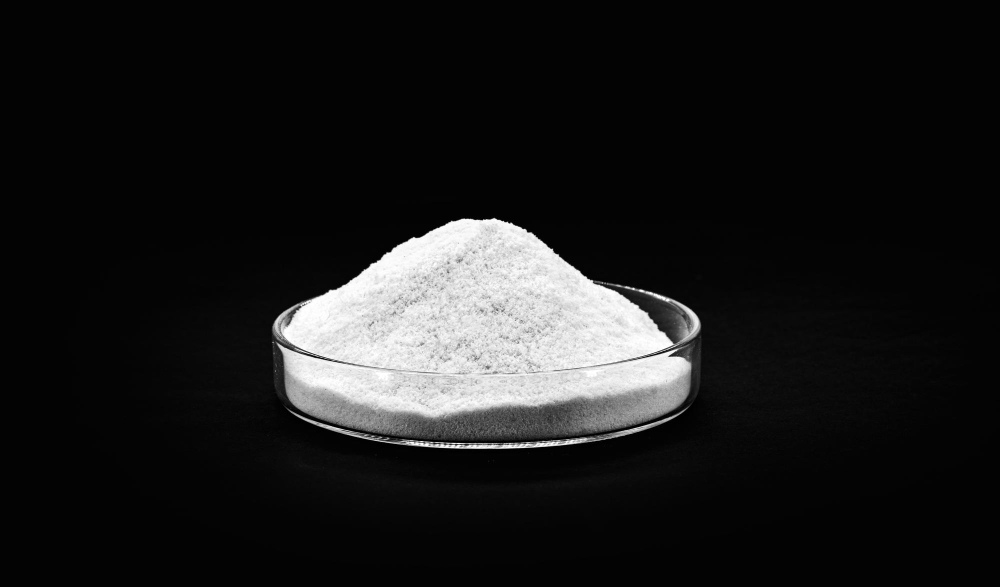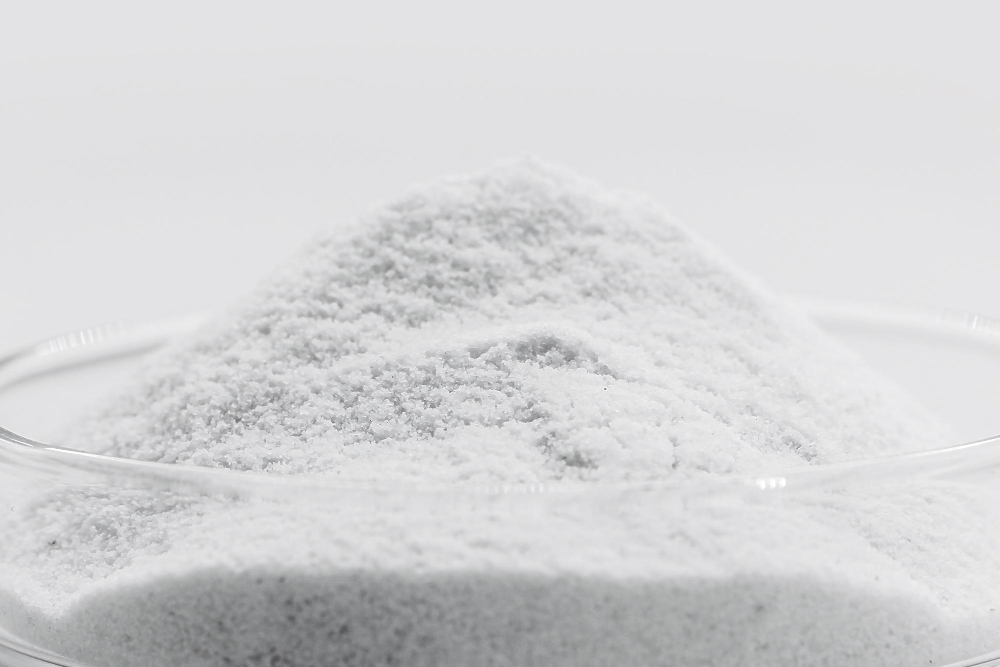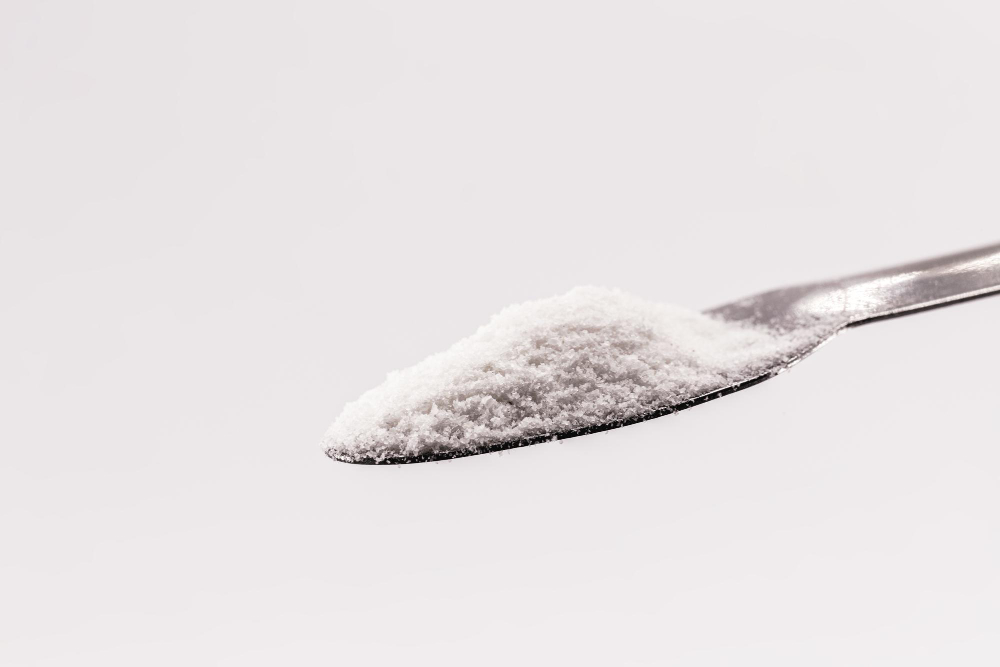
L-Tyrosine: Sharper Focus, Stress Support, and Smarter Performance
Introduction
L-Tyrosine is a naturally occurring amino acid that plays a key role in the production of important neurotransmitters such as dopamine, norepinephrine, and epinephrine. Unlike stimulants such as caffeine, tyrosine does not provide a direct energy boost but instead supports mental performance under stress. For athletes, this means enhanced focus, decision-making, and resilience during physically and mentally demanding situations.
How L-Tyrosine Works
The benefits of L-tyrosine stem from its role in neurotransmitter synthesis:
- Dopamine: Supports motivation, alertness, and focus.
- Norepinephrine & Epinephrine: Regulate stress response and cognitive function.
- Stress buffering: Tyrosine may prevent neurotransmitter depletion under stressful conditions such as heat, fatigue, or high-intensity competition.
By maintaining neurotransmitter balance, tyrosine helps the brain perform efficiently when under pressure.
Research on Cognitive and Athletic Performance
- Cognitive function under stress: A 2015 review in the Journal of Psychiatric Research concluded that tyrosine supplementation improves working memory, mental performance, and reaction time in stressful situations.
- Military studies: Research on soldiers undergoing combat training and cold exposure found that tyrosine improved focus, reduced stress effects, and sustained performance under fatigue.
- Exercise in heat: A 2012 study in the European Journal of Applied Physiology found that tyrosine supplementation improved endurance exercise capacity in hot conditions.
- Direct physical performance: Evidence for strength or power gains is limited; most benefits are mental rather than purely physical.
Dosage and Timing
- Standard range: 500 mg to 2,000 mg taken 30–60 minutes before training or competition.
- High-demand settings: Doses up to 100 mg/kg body weight have been studied, particularly in military and sleep-deprivation research.
- Stacking: Tyrosine can be combined with caffeine for both physical and cognitive benefits, since they work through different mechanisms.
Individual Considerations
- Most beneficial in stressful or fatiguing environments (heat, sleep deprivation, long-duration competition).
- Not as impactful in low-stress conditions where neurotransmitter depletion is less of an issue.
- Considered safe and well tolerated at research-backed dosages.
Conclusion
L-Tyrosine is not a direct physical performance enhancer but serves as a powerful tool for maintaining focus, reaction time, and mental clarity during stressful or fatiguing conditions. Athletes in endurance events, combat sports, or team-based competitions may benefit from its stress-buffering effects. As part of a well-rounded supplement strategy, L-tyrosine can help athletes stay sharp when it matters most.
Sources
- Jongkees, B. J., Hommel, B., Kühn, S., & Colzato, L. S. “Effect of Tyrosine Supplementation on Clinical and Healthy Populations under Stress or Cognitive Demands—A Review.” Journal of Psychiatric Research, vol. 70, 2015, pp. 50–57. doi:10.1016/j.jpsychires.2015.08.014.
- Deijen, J. B., Wientjes, C. J., Vullinghs, H. F., Cloin, P. A., & Langefeld, J. J. “Tyrosine Improves Cognitive Performance and Reduces Blood Pressure in Cadets after One Week of a Combat Training Course.” Brain Research Bulletin, vol. 48, no. 2, 1999, pp. 203–209. doi:10.1016/S0361-9230(98)00149-0.
- Mahoney, C. R., Castellani, J., Kramer, F. M., Young, A., & Lieberman, H. R. “Tyrosine Supplementation Mitigates Working Memory Decrements during Cold Exposure.” Physiology & Behavior, vol. 92, no. 4, 2007, pp. 575–582. doi:10.1016/j.physbeh.2007.05.003.
- Tumilty, L., Davison, G., Beckmann, M., Thatcher, R., & Sale, C. “Oral Tyrosine Supplementation Improves Exercise Capacity in the Heat.” European Journal of Applied Physiology, vol. 112, no. 6, 2012, pp. 2281–2290. doi:10.1007/s00421-011-2207-3.
- Thomas, J. R., Lockwood, P. A., Singh, A., & Deuster, P. A. “Tyrosine Improves Working Memory in a Multitasking Environment.” Pharmacology Biochemistry and Behavior, vol. 64, no. 3, 1999, pp. 495–500. doi:10.1016/S0091-3057(99)00094-5.

.svg)




